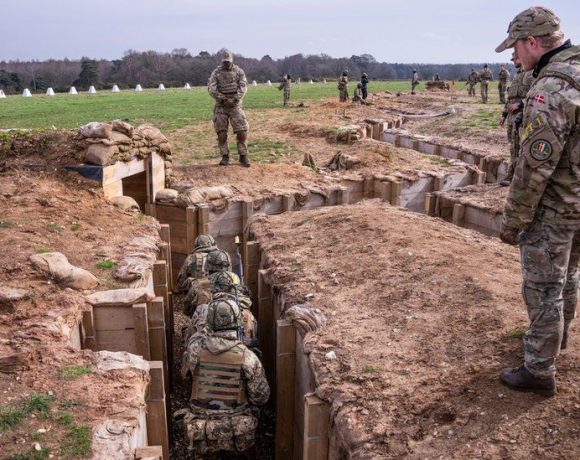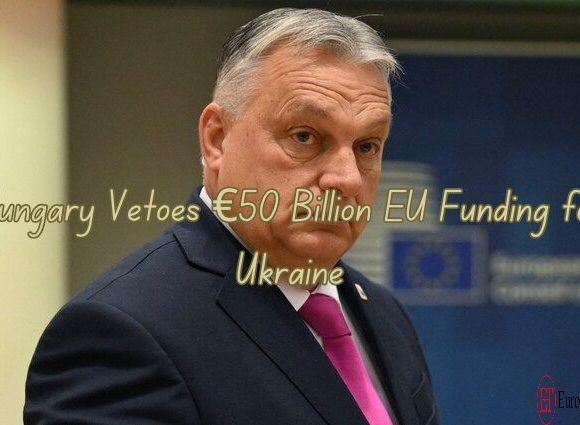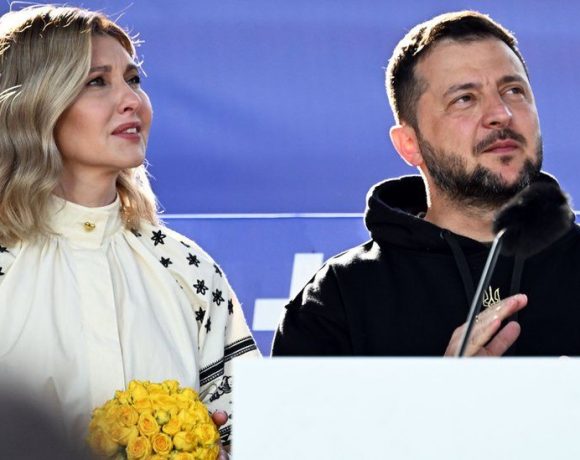
Ukraine’s President, Volodymyr Zelensky, has removed the head of his personal security unit following the detention of two high-ranking officials in connection with an alleged assassination plot. Serhiy Rud, who has overseen the president’s security since 2019, was dismissed without explanation, according to a presidential decree.
The state guard administration (UDO), responsible for safeguarding not just the president but also other key figures and their families in Ukraine, saw two colonels detained over suspicions of ties to a Russian FSB-run agent network. Despite Zelensky’s previous claims of Russian assassination plots against him, this recent revelation implicates members of his own circle, including military intelligence chief Kyrylo Budanov and SBU head Vasyl Malyuk.
Reports indicate that the plot aimed to target Zelensky through kidnapping and assassination, while Budanov was to be attacked with various weapons including rockets, drones, and anti-tank grenades.
Though Serhiy Rud’s dismissal was announced, there’s no indication of his involvement in the alleged plot. However, one of the detained colonels, Andriy Huk, was reportedly a close acquaintance from their time studying together.
Maj Gen Rud, who has a long military career focused on state security, has seen numerous attempts on Zelensky’s life, notably during the early stages of the Russian invasion in 2022.
Zelensky’s frequent replacements of key security figures have been noted, with the recent removal of special forces commander Col Serhiy Lupanchuk being another example. Additionally, Gen Valerii Zaluzhnyi, who previously led Ukraine’s defense during the invasion, was replaced and subsequently appointed as Ukraine’s ambassador to the UK, receiving the title “Hero of Ukraine.”
Picture Courtesy: Google/images are subject to copyright



